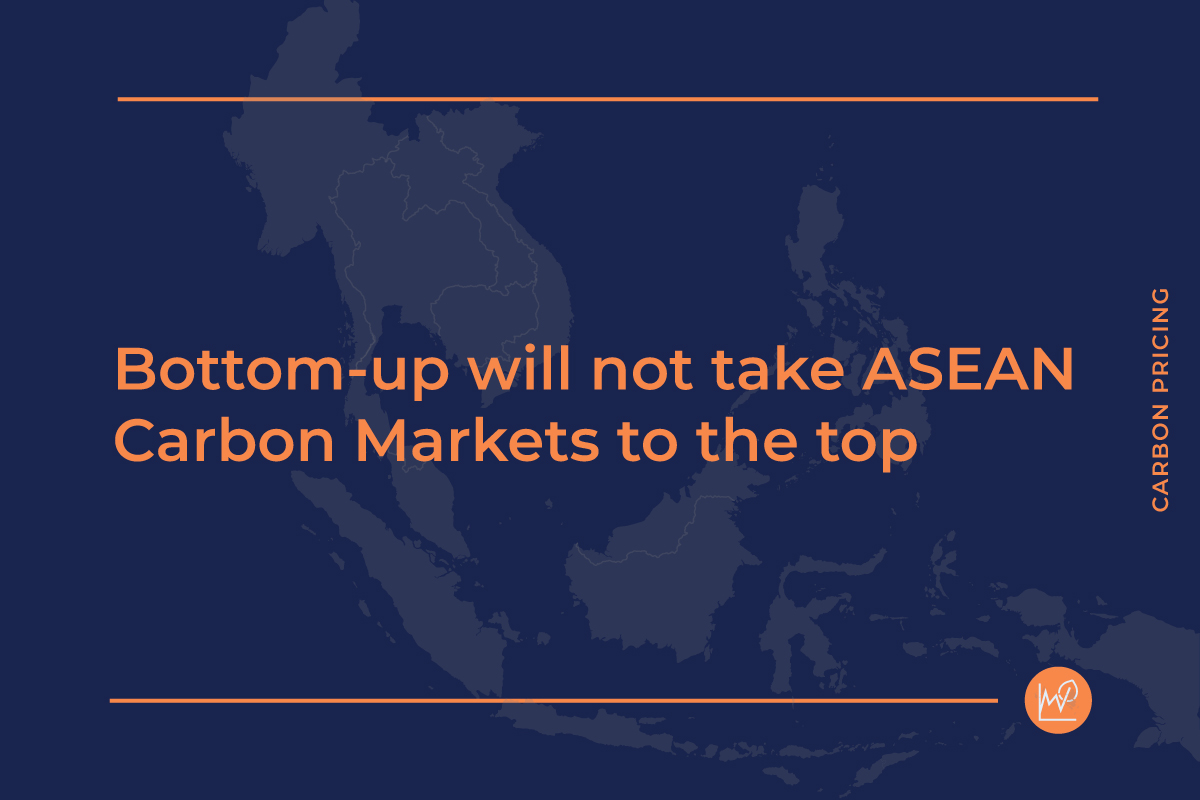Disclaimer: Views, opinions and analysis provided by guest speakers and participants are their own. Reproducing them on our website does not imply that they are endorsed by Neyen.
Forests hold immense economic and cultural significance for Indigenous People and Local Communities (IPLC). Free, Prior and Informed Consent (FPIC) is crucial in ensuring that social equity is upheld in resource management and preventing human rights abuses in the name of conservation.
Erlinda Ekaputri, Executive Director, Wildlife Works Indonesia
The workshop started with a setting-scene presentation by Sarfina Adani, Neyen’s Consultant, who highlighted the importance of integrity in carbon projects. It has been widely reported in media coverage, that carbon project developers may overlook the concept of integrity. Sarfina pointed out that trust needs to be built amongst stakeholders to enhance a project’s integrity. Stakeholders can refer to available social integrity standards such as the ICVCM’s Core Carbon Principles which emphasize efforts on governance, emissions impact, and sustainable development.
In this context, a project can also conduct FPIC practices to ensure the project’s integrity by ensuring the rights of indigenous peoples. Free, Prior, and Informed Consent (FPIC) is a critical principle and legal norm designed to safeguard the collective rights of indigenous peoples, especially their access to land, resources, and other development priorities. However, it is important to note that FPIC is not always equivalent to Indigenous People’s consultation. Project developers need to acknowledge that the FPIC process does not always result in consent due to reasons such as potential conflicts with the communities. In some cases, project developers may be required to analyze the cultural context of engaged communities that may have different views on gender equality.
FPIC Regulatory Frameworks: International and National Level
Erlinda Ekaputri, Executive Director of Wildlife Works Indonesia, attended as a guest speaker for the workshop. In her presentation, Erlinda emphasized that conservation programs are not automatically free from human rights violations. Since land is a finite resource, some activities, business actors, or non for profits inevitably compete over land and resources with Indigenous Peoples and Local Communities. FPIC shall be conducted before any of the following actions can be taken:
- When making decisions on projects or programs that may take place in or impact the land, resources, or otherwise affect the livelihoods of customary landholders and local communities, including the use of sacred cultural sites, etc.
- When making decisions on the use of biological materials, traditional, medicines and knowledge.
- When creating laws or policies that affect the people.
- When undertaking actions that could lead to the forced removal of people from their land.
In conducting FPIC practices, challenges such as funding, tight timelines, local politics, and language barriers can be a hurdle the process of getting consent from the communities. Therefore, several international and national (Indonesia) regulatory frameworks were established to help navigate social safeguards including FPIC practices:
International regulatory frameworks
The International Labour Organization (ILO) Convention 169.
Adopted in 1989, this convention on Indigenous and Tribal Peoples serves as a forerunner to the UN Declaration of Human Rights of Indigenous Peoples (UNDRIP). It has not been ratified by Indonesia.
The United Nations Declarations on the Rights of Indigenous Peoples (UNDRIP).
Adopted by the United Nations in 2007, the Declaration provides a global framework to advance indigenous peoples’ rights, explicitly recognizing Free, Prior, and Informed Consent (FPIC) as essential for activities affecting their ancestral lands and resources.
Cancun Safeguards
Agreed in 2010, seven safeguards were agreed upon for REDD+ at the 16th Conference of the Parties to the United Nations Framework Convention on Climate (COP16).
Other
Other relevant international frameworks such as the International Covenant on Civil and Political Rights (ICCPR), International Covenant on Economic, Social and Cultural Rights (ICESCR), and Conventional Biological Diversity.
National regulatory frameworks
Article 18B of Indonesia’s Constitution
Mentions “The State recognizes and respects traditional communities along with their traditional customary rights so long as these remain in existence and are in accordance with the societal development and the principles of the Unitary State of the Republic of Indonesia, which shall be regulated by law”.
Law No. 32/2009
re. Protection and Management of Environment. Communities have the same rights and opportunities to actively participate in the protection and management of the environment, which include social monitoring, providing feedback/opposition, providing information, and filing reports.
Law No. 14/2008
re. Public Information Disclosure which includes the right to know of planning in formulation of public policy, programs and any public decision making, as well as the process of decision making while promoting for people’s participation in such process and to promote better management of public policy.
Recommendations for stakeholders
In addition to frameworks, Erlinda shared some recommendations for key stakeholders (government, private sector and NGO) in enhancing measures for FPCI practices:
Government
National regulatory framework
Institutional framework
Grievance mechanism
Establishment of transparent grievance mechanism accessible to the public.
Information
Private sector
Internal awareness
Independent reviews
Compliance measures
Mainstreaming FPIC and other protection element for IPLCs as compliance measures




